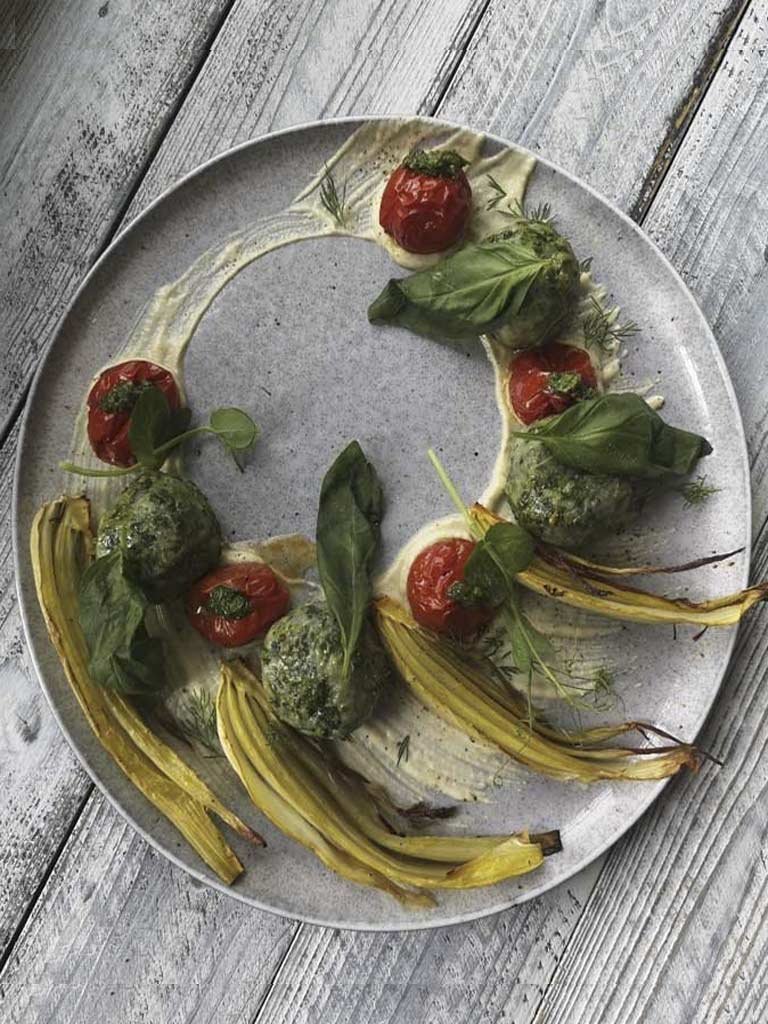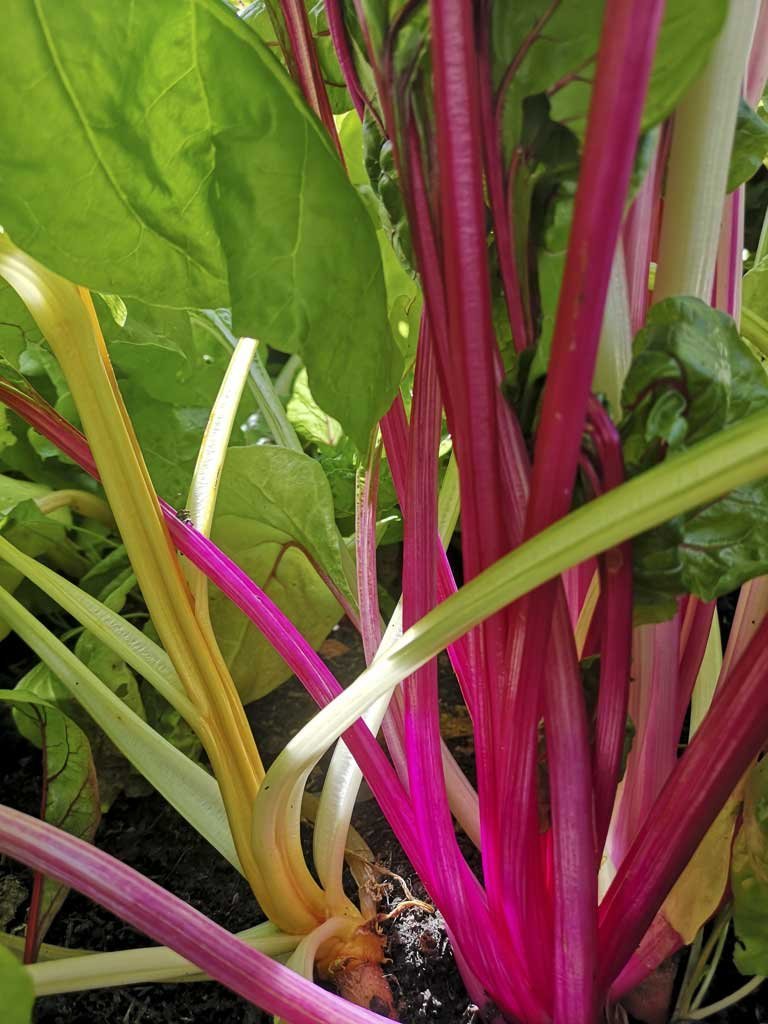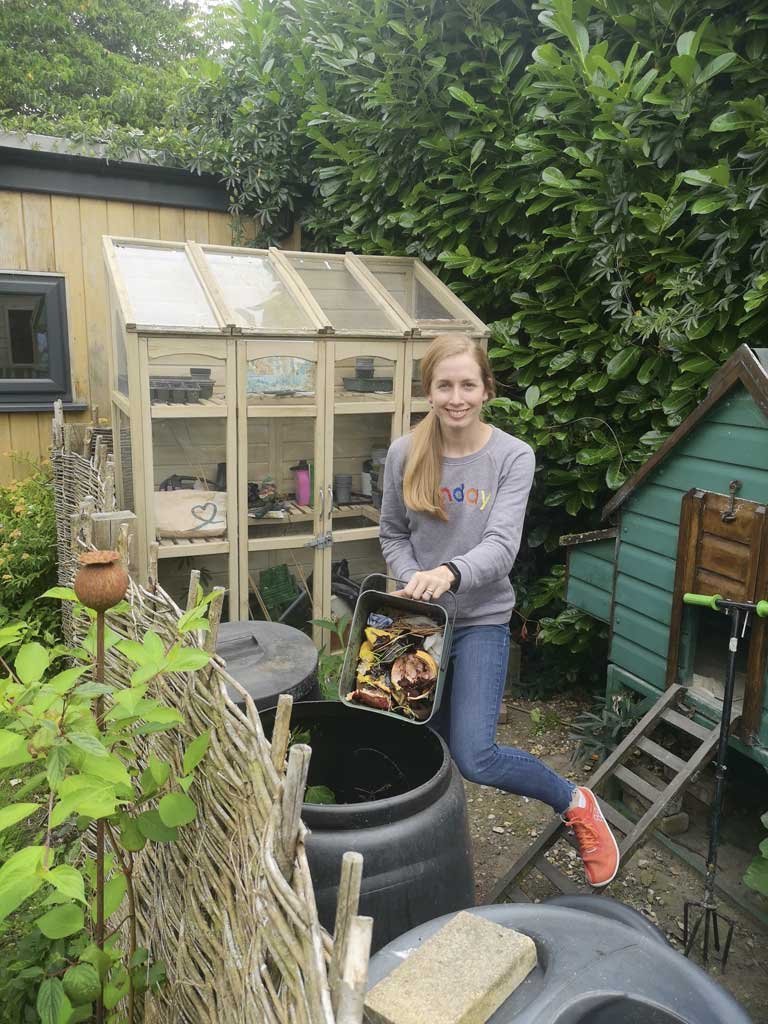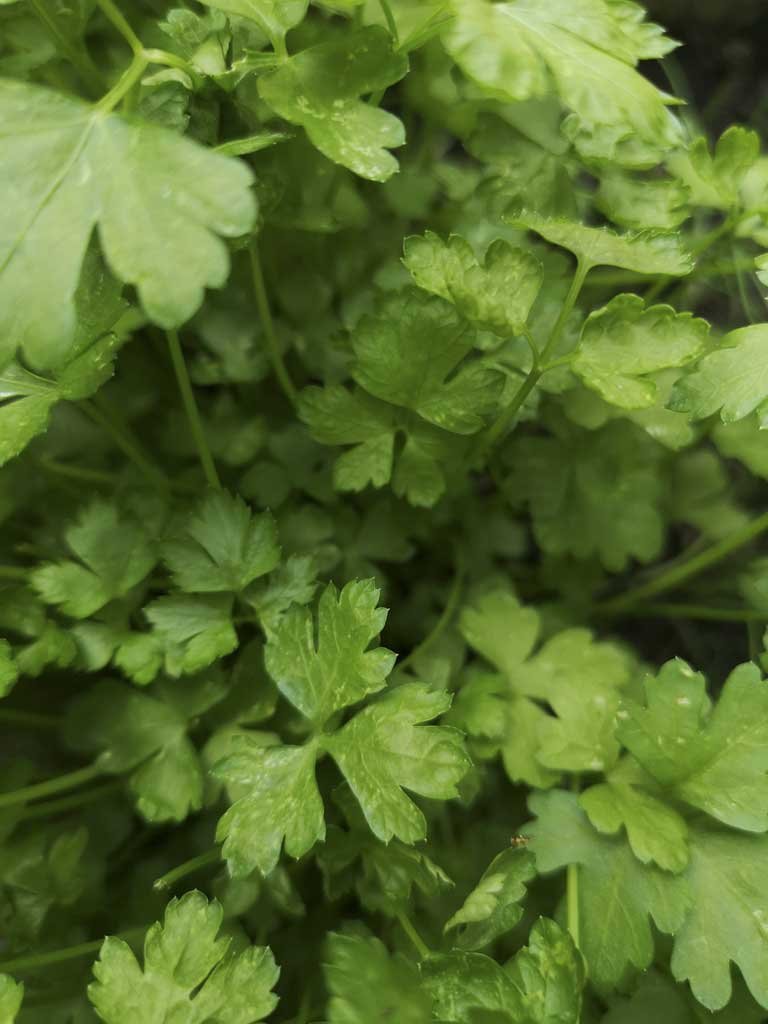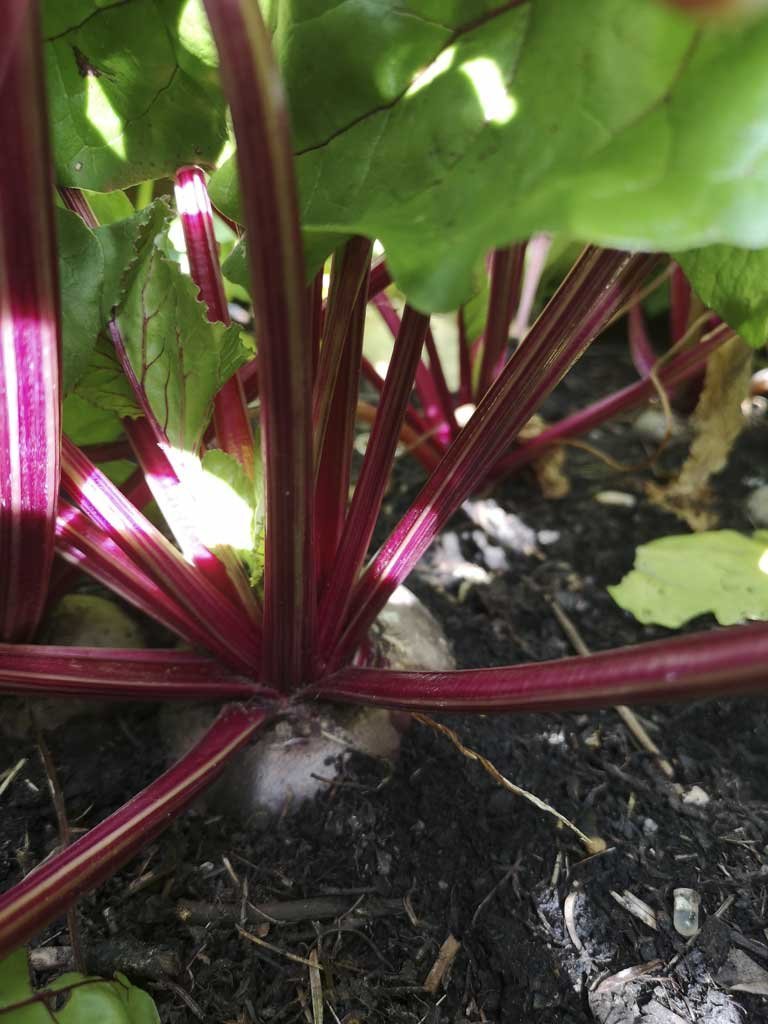Food:
Nourishing Food
We are foodies who love to cook! All food we prepare as part of Flow Living is as seasonal and locally sourced as possible. Our menus are responsive and changing. We aim to include some of our produce from our garden in our menus. All foods consider flavour and texture to give a really satisfying meal that also supports nutrition and gut microbiome. Whilst all the food we produce is vegetarian or vegan, it is available to anyone who wants to increase their consumption of plant-based foods. We leave some washed skins on food where appropriate, make our own stock and compost/ recycle as much waste produce as possible. We are still fine-tuning the ways in which we will be offering our food service but ideas include:
- Monthly supper clubs at Frere Road Community Centre
- Offering healthy snacks to support wider Flow Living services
- Catering for children’s birthday parties and events
- Social media content on cooking healthily and resourcefully
Sample dishes:
- Dinner: Lemon-infused lentil dhal with coriander and cashew pesto and savoury spiced brittle
- Snack: Cacao-rich, roasted almond grind and date energy balls
We have both completed ‘Level 2 Food Hygiene and Safety for Catering’ courses.
We have attended cookery courses at River Cottage, Take Thai, Namaste, The School of Artisan Food, and barista courses at various schools.
Rachael has completed a vegan cookery diploma at Demuths Cookery School in Bath and studied ‘The Ultimate Guide to Vegetarian Cooking’ with Anna Jones.
Inspiration
Here in Norwich we are very lucky to have such an array of resources at our libraries. We frequently borrow various recipe books and are fortunate to have cooked from books by chefs and food writers including: Anna Jones, Yotam Ottolenghi, Ella Mills, Richard Buckley, The Happy Pear, Hugh Fernley Whittingstall, Tom Hunt among others. Our focus is always on taste, texture, variety of nutrients and sustainability.
We are lucky to have eaten at some of the UK’s best plant-based restaurants including ‘Naifs’ and ‘Plants’ in London, and ‘Oak’ in Bath.
Seasonal
We are using the seasonal food charts from both the British Dietetic Association and chef, Tom Hunt’s book ‘Eating for Pleasure, People & Planet’. Through using seasonal foods, we help to reduce our carbon footprints and support local producers.
Waste (reduce, re-use, recycle)
We use parts of the plant that might not typically be used for example, stalks of the Swiss chard ‘Bright Lights’ plants as crudités. We use spent coffee grinds in dark chocolate and jaggery ‘hownies’ (healthier brownies!).
We compost as much as possible; turning kitchen waste back into rich soil to improve the soil health in our back garden.
Some of the compost is used to grow food for use in the recipes and some goes on the hedging area to support the growth of our young nature hedging.
The nature hedging helps to feed wildlife in winter (rosehips) and also offers pollinators an early source of nectar in spring.
We recycle as much packaging as we can and compost the carbon-dense cardboard we get to help with balancing the nitrogen-rich kitchen waste we have. Rachael attended a Garden Organic Master Composter course and composting is one of her ‘guilty pleasures’ (Shhhh! She loves worms…)
Gut Microbiome
The gut microbiome is made up of trillions of bacteria that live in our guts. They can affect: digestion, metabolism, mood, immune system, hormones, brain health and genetic expression. The gut microbiome can be manipulated to improve our health. A person can lose balance in their gut microbiome in that there are less ‘good guys’ and more ‘bad guys’. The good news is that in just a few weeks you can change your microbiome through what you eat. At Flow Living, the food we prepare aims to support your gut microbiome as much as possible.
Dr Tim Spector, leading British epidemiologist and professor of genetics, gives 5 tips below* for improving your gut microbiome health. At Flow Living, the food we prepare aims to support your gut microbiome as much as possible.
* zoe.com/post/tim-spector-gut-tips
- Try to eat 30 different plants each week as the wider diversity of fibre-packed plants you eat, the happier your gut microbiome will be.
- Add some colourful plant foods to your plate as they contain loads of polyphenols which ‘good’ microbes love. In particular, nuts, berries, seeds, brightly coloured fruits, extra virgin olive oil, vegetables and dark chocolate are rich in these beneficial antioxidants and anti-inflammatory compounds.
- Experiment with fermented foods such as live yogurt, matured cheeses, kimchi,
kombucha, kefir, and sauerkraut as these contain living microbes, known as
probiotics.
- Give your gut bugs a break by limiting snacking and giving them time to ‘rest’ overnight.
- Limit ultra-processed foods (they are often high in sugar, unhealthy fats and artificial sweeteners that don’t support gut microbiome).





